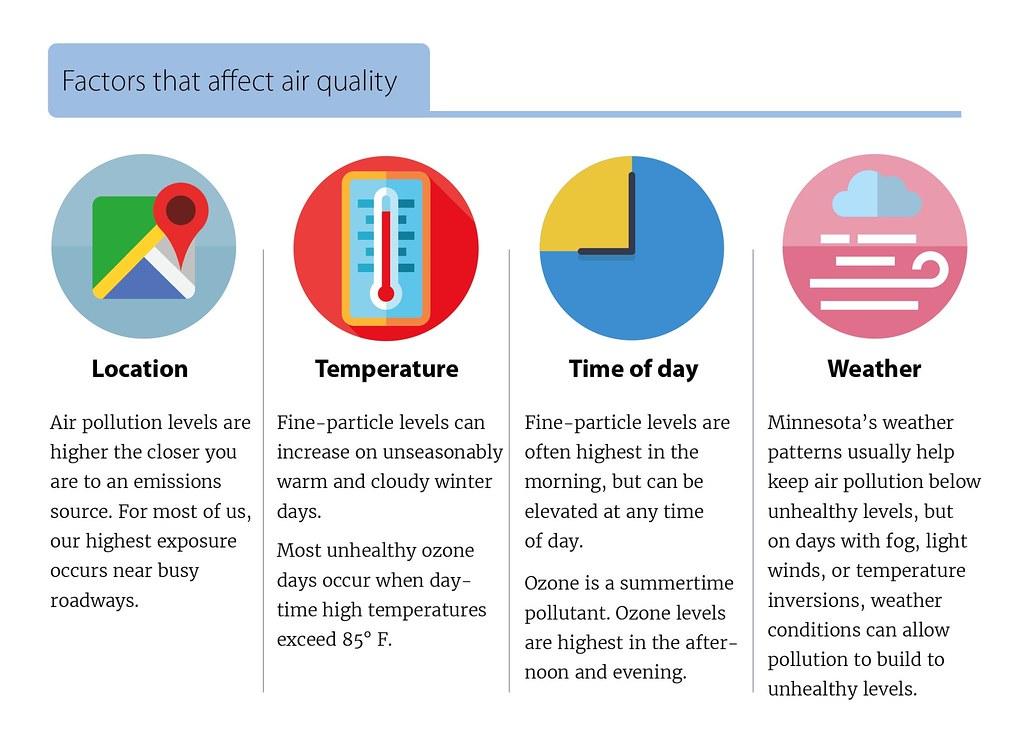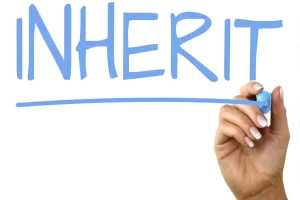In the aftermath of a loved one’s passing, the question of how their assets and possessions will be distributed often arises. One common misconception is that all wills automatically go through the probate process. However, the reality is much more nuanced. In this article, we will explore the intricacies of probate and whether or not all wills are required to go through this legal proceeding.![]()
Understanding the Probate Process
When it comes to wills, not all of them have to go through the probate process. In fact, whether or not a will needs to be probated depends on a variety of factors, including the value of the estate and how the assets are titled. Generally speaking, if the deceased person’s assets are held in a trust or are jointly owned with rights of survivorship, those assets may not need to go through probate.
On the other hand, if the deceased person’s assets are solely owned in their name, then probate may be necessary. During the probate process, the court validates the will, appoints an executor or personal representative, identifies and inventories the deceased person’s assets, pays off any debts or taxes owed by the estate, and distributes the remaining assets to the beneficiaries named in the will. It’s important to note that the probate process can be time-consuming and costly, so it’s always a good idea to consult with an experienced estate planning attorney to discuss your options.

Factors Influencing Probate Requirements
When it comes to probate requirements, there are several factors that can influence whether or not a will needs to go through the probate process. One major factor is the complexity of the estate. If the estate is simple and straightforward, it may not be necessary to go through probate. However, if the estate is more complex, with multiple assets and beneficiaries, probate may be required to ensure that the assets are distributed correctly.
Another factor that can influence probate requirements is the presence of disputes among beneficiaries. If there are disagreements or conflicts regarding the distribution of assets, probate may be necessary to ensure that the wishes of the deceased are carried out. Additionally, the laws of the state where the deceased resided at the time of their death can also impact probate requirements. Each state has its own rules and regulations regarding probate, so it’s important to consult with a legal professional to determine the specific requirements in your area.

Options to Avoid Probate
If you want to avoid the time-consuming and costly process of probate for your estate, there are several options you can consider. One popular choice is setting up a living trust, which allows your assets to pass directly to your beneficiaries without going through probate. Another option is designating beneficiaries on your financial accounts and assets such as retirement accounts, life insurance policies, and bank accounts. By doing this, these assets can transfer directly to the named beneficiaries, bypassing probate.
You could also consider joint ownership of property with right of survivorship, which means that when one owner passes away, the property automatically transfers to the surviving owner without going through probate. Additionally, gifting assets to loved ones while you are still alive can also help avoid probate in some cases. Remember, each individual’s situation is unique, so it’s important to consult with a legal professional to determine the best course of action for your specific circumstances.

Consulting a Legal Professional for Guidance
Going to probate is a common process for most wills, but not all wills necessarily go through this legal procedure. When a will goes to probate, it means that the court will oversee the distribution of the deceased person’s assets, ensuring that the will is valid and that the assets are distributed according to the deceased person’s wishes. However, there are certain circumstances where a will may not need to go through probate:
- When the estate is small and does not meet the threshold for probate
- When the deceased person had all assets in a living trust
- When assets pass directly to beneficiaries outside of probate, such as life insurance policies or retirement accounts
on whether a will needs to go through probate is crucial, as the laws regarding probate can vary depending on the jurisdiction. An experienced attorney can help determine the best course of action to ensure that the deceased person’s wishes are carried out efficiently and in compliance with the law.
Closing Remarks
In conclusion, while not all wills are required to go through the probate process, it is typically the safest and most efficient way to ensure that a deceased individual’s final wishes are carried out. It is important to consult with a legal professional to determine the best course of action for your specific situation. Whether your will ultimately ends up in probate or not, the ultimate goal is to provide peace of mind for your loved ones during what can be a difficult and emotional time.












